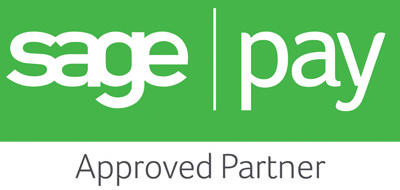Do Facebook's Image Problems Make It A Wise Platform To Invest In?
Facebook is the largest social media platform in the world.Since it launched to the public in 2006, it has taken the largest share of the market, sending its predecessor, MySpace, into a massive decline. Other platforms, such as Twitter, Instagram, YouTube and TikTok have enjoyed success, but nothing rivals the reach of Facebook.
It has not all been plain sailing for Mark Zuckerberg's flagship project, however, as the company has faced scandal in the past, notable over the Cambridge Analytica debacle and recently over its decision not to follow Twitter in putting a warning over, or taking down, incendiary comments made by Donald Trump. Although Facebook has de-platformed a lot of controversial figures, it seems reluctant to do so when it comes to POTUS and this has led to allegations of sympathising with hate figures and a subsequent big brand boycott of advertising on the platform.
The July boycott has attracted some attention with high profile brands, such as Microsoft and Unilever pulling their advertising budget, and public criticism of the Trump decision by big brands with loyal followings.It is worth noting that only 6% of Facebook's overall advertising revenue comes from the big players, with the bulk of it coming from small and medium sized businesses.
The Facebook advertising platform is easy to use and allows for a very high degree of targeting and segmenting, which presents the most efficient way of maximising your advertising budget.It's easy for small brands to reach their intended audience with minimal effort on their part, and because social media is so ubiquitous these days, consumers expect businesses to have a Facebook page. Some consumers will search for a company or product without even leaving Facebook, so you can see it's a very vital platform to have a presence on, let alone to advertise on. In the pandemic climate where things change rapidly, customers trust what they see on Facebook and will check for updates on opening hours, ordering processes or stock updates there rather than anywhere else.
Facebook may have some image problems, but it's not going anywhere soon.With an estimated 1.73 billion daily users it's clear that the platform has value for its users that can't be tainted too much by scandals it may face in the press, or the scrutiny it faces from some big brand advertisers. Lots of people use it to stay in touch with friends and family around the world and it's become an integral part of many people's lives, meaning they're not going to abandon their online social network because they don't agree with the actions of Mark Zuckerberg. It would take a lot more, like a massive breach of privacy and hacking of user's financial details, to drive enough people off Facebook for good.
While the big brands may be able to afford to boycott Facebook for a month, the reality for many businesses is different.They can't afford to suspend what could be their most lucrative advertising channel, and with new features for advertisers being rolled out regularly it's still one of the most attractive marketing channels for consumer facing businesses, as well as B2B companies. Small businesses can also see how boycotting Facebook ads has affected those companies who did take action, and how they managed to diversify their advertising across different platforms to make up for the loss of audience. There are lessons to be learned here about new and better ways of leveraging social media as a marketing tool, as well as some hard lessons about reputation management and how to recover from a reputational hit.
